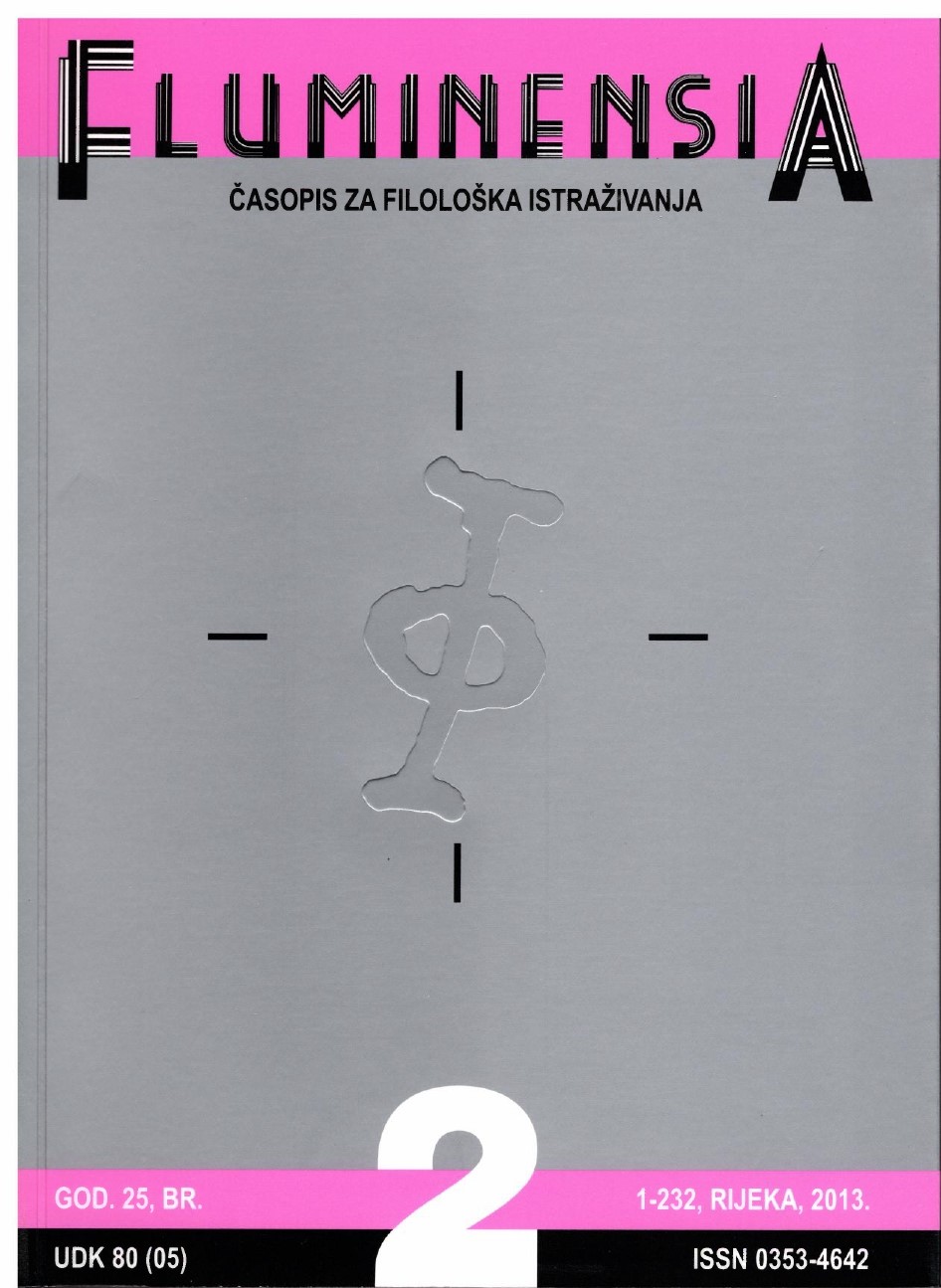FRANGEŠ AND THE KAJKAVIAN DIALECT
Keywords:
Ivo Frangeš, Kajkavian dialect, the Kajkavian standard language, Kajkavian dialectal literatureAbstract
Ivo Frangeš believed that the three most important works in Croatian literature are Judita by Marko Marulić, Smrt Smail-age Čengića by Ivan Mažuranić and Balade Petrice Kerempuha by Miroslav Krleža. All three works are written in verse, they belong to different literary periods, and the fact that all three dialects of the Croatian language are represented in them in their own specific way is of crucial importance. They differ in the fact that the first two – Marulić’s ‘Čakavian’ and Mažuranić’s ‘Štokavian’ – are written in the standard language, albeit based on different dialects, of the period in which they were created, while the third belongs to dialectal literature specific for Krleža’s Kajkavian idiom.
After conducting a detailed analysis of Croatian dialectal literature between the two world wars, Frangeš was among the first theoreticians since Brozović who dealt with the theoretical issue of dialect in Croatian literature after the World War II in the new Yugoslavia (1970).
In his Povijest he presented Kajkavian writers, both non-dialectal (those who wrote in the standard language based on the Kajkavian dialect) and dialectal. The authors he wrote about include Habdelić and Brezovački, who belonged to the period of old Kajkavian literature, and the authors who belonged to the Ozalj literary-linguistic circle – Zrinski and Frankopan. In the part of the book dedicated to Modernism he included a chapter titled Rascvat dijalektalne poezije (Flourish of dialectal poetry). In it he singles out the following Kajkavian dialectal writers: Domjanić, Galović, Miškina and Goran. Quite conspicuously, Frangeš did not include any authors of Štokavian dialectal poetry.
Starting from the artistic value and the position an author occupies in Croatian literature, regardless of language and literary expression, Frangeš assigns equal importance to authors who wrote in standard languages (those based on the Štokavian dialect, as well as those based on other dialects – Čakavian and Kajkavian) and those who belong to dialectal literature. Although his evaluations of some of the dialectal authors differ from those given by other historians of literature it is important to emphasise them precisely because they speak of dialectal works.

